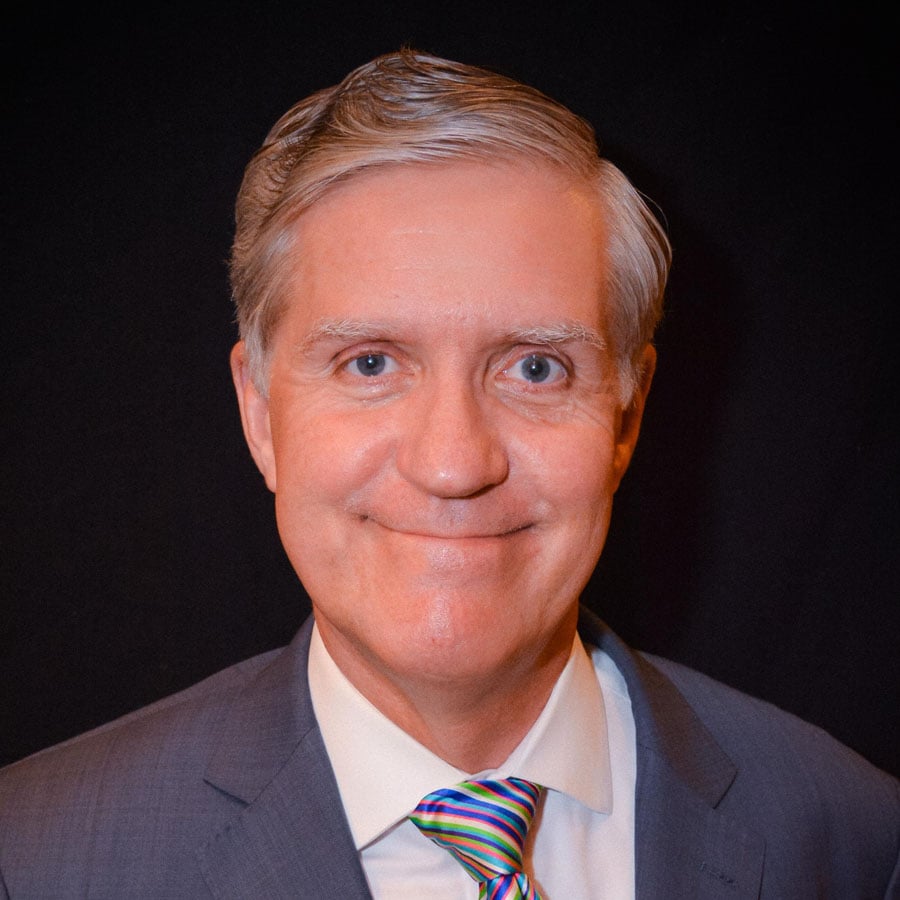Episodes provide lessons in dealing with wealthy clients as well as good habits for advisors


I’ve become fascinated by The Murdock Mysteries. One of the outcomes of the pandemic lockdown has been an ACORN streaming subscription. This led to a steady daily diet of one Murdock episode at noon and another at 6pm. They teach you about the HNW and also good habits for financial advisors. Perhaps watching should count for continuing education credits.
What can we learn about the HNW market circa 1900?
The series is set around 1900. Attitudes and expected behaviour was different back then. There are still lessons to be learned.
To find the HNW you need to go where they go
As in England, private clubs existed in Toronto too. Wealthy people tend to seek out the company of others like themselves. Today, many of these institutions have relaxed admission requirements making it easier for advisors to join.
Wealthy people are involved with charities
They support the museum and hospital. They attend galas, exhibition openings, lectures and other events. This hasn’t changed much. You can be involved too.
The wealthy often know each other
OK, maybe it’s a small cast. The wealthy tend to send their children to the same schools. They know each other professionally. They went to school together. It’s the “Old Boy” network. (Murdock Mysteries is excellent at showcasing the growing demand for women’s rights.) Advisors need to be aware of who is in their surroundings. Who are the other parents at their child’s school? Who can I meet through my university alumni association?
The wealthy don’t always like each other
They are competitive, especially in business. At a time of lax business regulation (compared to today) they seem to steal inventions and information from each other. It’s a cautionary tale concerning name dropping.
Business owners know each other by profession
It’s like an informal chamber of commerce. The jewellers all seem to know each other. This spreads across livelihoods. They often have professional associations. Some offer associate memberships to people providing services to members. Clients in the field can introduce you around. Don’t forget the Chamber.
The role of “Secret Societies.”
The Masonic Lodge plays a role. Business leaders often belong to a society that includes some while excluding others. They encourage each other to do business among themselves. There are lots more today. “Secret society” has transformed into “service clubs.” When you join, you meet some movers and shakers. You need to do your part in supporting their projects.
Does everyone have a hobby?
Motorcars are new. There’s a club for that. People solve puzzles. There’s a club for that. It’s another opportunity for the wealthy to gather. This hasn’t changed much in 120 years.
The wealthy are impatient
A crime occurs. The wealthy person reports it to the police in the first 10 minutes of the episode. The next 45 minutes involve them asking the police “Why haven’t you solved it yet?” As an advisor, you need to be patient with the impatient.
What William Murdock teaches us?
Murdock is a detective, not a financial advisor. His skills are transferrable.
He goes for the close
This has to be said first! You can always expect him to ask the suspect: “Did you murder (name)?” He asks for the order!
Logical curiosity
He is always trying to learn about the other person, their field and understand their motivation.
Listen more, talk less
He asks questions. Gets the other person to give him information. He doesn’t tell the suspect how the crime was committed, he tries to draw it out by getting them to explain their actions.
Delegation
There’s a lot Murdock doesn’t do. You often hear “George, I want you to...” and “Henry, go to this address and...” He focuses his energies on the areas where he excels.
Equality
Hercule Poirot does little legwork. He sends Hastings to do it. Murdock doesn’t consider any tasks beneath him. He works alongside his constables.
Teamwork
He has his constables, his coroner and lots of experts he can call upon for expert advice. They work together like an orchestra.
Mutual respect
This might be specific to the Victorian period, but generally speaking, everyone in the police station addresses each other formally. Although their social positions are different, they treat each other as equals regarding professional respect.
Support from above
Inspector Thomas Brackenreid doesn’t understand half of what Murdock is talking about. When necessary, the stands up for his officers to higher ups in the hierarchy. He defends their actions. He doesn’t throw them to the wolves.
Professionals are ethical
They often talk about justice. They avoid taking shortcuts. They find evidence. They tend to exclude people who aren’t ethical.
Dressing well
In most cases, the main characters are always dressed in full business attire. Even their casual clothing looks like business attire. This helps when interacting with the wealthy.
Procedure for everything
Murdock doesn’t wing it. He tried to logically think things through. The coroner, Dr. Emily Grace, is extremely methodical.
Find areas of common interest
It seems every scientist, politician or celebrity current to the 1900’s passes through Toronto at one time or another. Murdock has a curiosity about science. He bonds especially well with them, establishing a shared interest. They often become resources.
Confidentiality
Murdock can keep a secret. Everyone knows that. People while share secrets with people who won’t talk.
Not in awe of the wealthy
There was a rigid class structure at the time. Murdock is respectful, yet doesn’t consider one person is a better person than another based on wealth.
Go to where they are
When Murdock interacts with the wealthy, he starts by seeking them out. This involves their homes, clubs, museums and businesses. Only when they become suspects does he “drag them down to the station.”
Many of these “Murdock characteristics” we see on TV translate well into an advisor’s interactions with “suspects” prospects and clients within the HNW community today.
Bryce Sanders is president of Perceptive Business Solutions Inc. He provides HNW client acquisition training for the financial services industry. His book, “Captivating the Wealthy Investor” can be found on Amazon.



